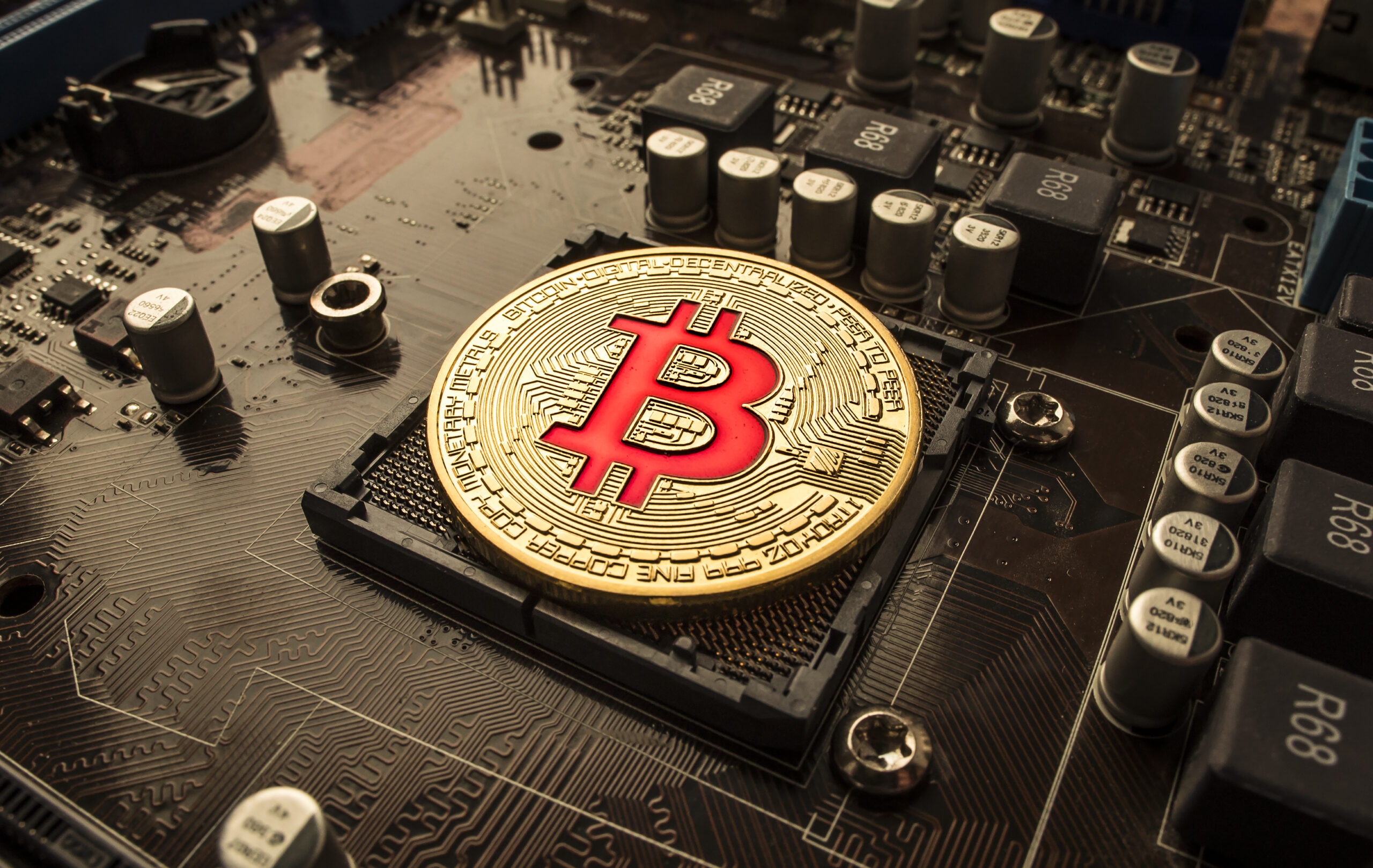The Art of Bitcoin Mining: Essential Tips and Techniques for Success
Introduction
Bitcoin mining has become a highly lucrative and competitive industry. It involves the process of validating transactions and adding them to the blockchain, thereby securing the network and earning rewards in the form of newly minted bitcoins. To succeed in this field, one needs to possess both technical knowledge and awareness of the market conditions. In this article, we will delve into the key tips and techniques for successfully mining bitcoins.
1. Choosing the Right Mining Hardware
One of the crucial factors to consider for successful bitcoin mining is selecting the right hardware. As the mining difficulty increases over time, traditional CPUs can no longer effectively mine bitcoins. Instead, dedicated hardware such as ASICs (Application-Specific Integrated Circuits) and GPUs (Graphics Processing Units) have become the go-to options.
ASICs are specifically designed for mining, providing high hash rates and energy efficiency. On the other hand, GPUs offer more flexibility, allowing miners to switch between different cryptocurrencies. Depending on your budget and mining goals, it’s important to research and invest in the hardware that suits your needs.
2. Joining a Mining Pool
Mining pools are groups of miners who collaborate to combine their computational power and increase their chances of earning rewards. By joining a mining pool, miners can collectively solve complex algorithms, leading to a more frequent distribution of bitcoins among the participants.
When selecting a mining pool, it’s essential to consider factors such as the pool’s reputation, fee structure, and the size of the network. Popular mining pools include Antpool, F2Pool, and Slush Pool. By joining a mining pool, you can minimize the variance in your earnings while enjoying a steady stream of income.
3. Managing Energy Consumption
Bitcoin mining is an energy-intensive process, which means high electricity costs. To optimize profitability, it’s crucial to manage energy consumption effectively. Firstly, consider the electricity rates in your region and choose the most cost-efficient mining setup.
Additionally, ensure proper cooling and ventilation for your equipment to prevent overheating, which can lead to decreased efficiency. Some miners even relocate their mining operations to colder regions or use liquid cooling systems to maintain optimal temperatures.
4. Staying Updated with Market Trends
Bitcoin mining profitability heavily depends on the market value of bitcoin. Therefore, it’s crucial to stay updated with market trends, news, and events that could impact the price of bitcoin.
Through thorough research and analysis, you can anticipate changes in the market, and adjust your mining strategy accordingly. By mining during periods of higher prices, you can potentially maximize your profits.
Conclusion
Bitcoin mining is an art that requires a combination of technical expertise, strategic decision-making, and market awareness. By selecting the right hardware, joining mining pools, managing energy consumption, and staying updated with market trends, you can increase your chances of success in this competitive industry.
FAQs
1. Is Bitcoin mining still profitable?
Yes, Bitcoin mining can still be profitable, but the profitability depends on various factors such as electricity costs, the mining hardware used, and the market value of Bitcoin.
2. Can I mine Bitcoins with a regular computer?
Mining Bitcoins with a regular computer is no longer practical. Specialized hardware such as ASICs or GPUs are necessary for efficient mining.
3. How can I choose the most suitable mining pool?
When selecting a mining pool, consider factors such as the pool’s reputation, fee structure, and the size of the network. It’s important to strike a balance between reliability and profitability.
4. Are there any alternative cryptocurrencies to mine?
Yes, there are numerous alternative cryptocurrencies, also known as altcoins, that can be mined. Examples include Ethereum, Litecoin, and Monero. Each altcoin has its own unique features and potential profitability.

